detail profile tuti indra malaon
Peran Yang Di Mainkan Tuti Indra Malaon
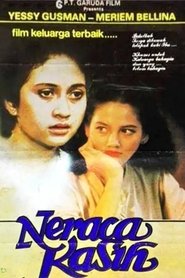 After her husband passes away Dameria...
After her husband passes away Dameria...Neraca Kasih 1982
After her husband passes away, Dameria is forced to give up her daughter, Sari, to be adopted by her aunt, the spinster/lawyer, Purwanti. Dameria remarries to Zainal and lives a good life. Later, she yearns for Sari who is now a grown up. Sari knows about her intention. Dameria visits her at school, takes her for walks and lunches. Ten years later, when Purwanti is overseas for business, Sari leaves for Medan to meet her biological mother. When she returns, Purwanti goes straight to Medan. A confrontation ensues but Purwanti lets Sari decide. The girl eventually chooses to stay with her biological mother. But as time goes by, Sari feels uncomfortable with the new atmosphere and finally returns to her aunt’s home.
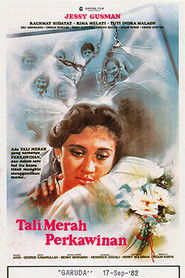 The death of Mrs Maengkom causes...
The death of Mrs Maengkom causes...The Red Line of Marriage 1981
The death of Mrs. Maengkom causes some change in her family. Willy Maengkom, the father of four children, has to learn to manage the household. He becomes extremely busy because his oldest daughter, Elsa, has to be hospitalized after the death of her mother, who slipped on a bathroom brush that Elsa left. After she recovers, Elsa feels the responsibility to replace her mother. Taking care of her father and her three siblings changes her. She is not the lively and active teen in church and school anymore, and starts behaving like a housewife.
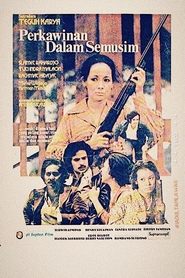 Shot in dark colours and with...
Shot in dark colours and with...Marriage in a Season 1976
Shot in dark colours and with an atmospheric treatment, the narrative is sketchy but the plot revolves around Koswara, a driver for Kardiman. Koswara’s brothers and sisters-in-law trade his wife, Aisah, to Kardiman, until his wife goes insane and dies. Agus Herman, son of Kardiman, is as brutal as his father and Mrs. Kardiman, also has an impure background. Her daughter, Nana, who is born without knowledge of her biological father, is almost raped by her stepfather, Kardiman. It is also suggested that Mrs. Kardiman desires Koswara. An experiment from Indonesian directing legend, Teguh Karya, that was not entirely successful.
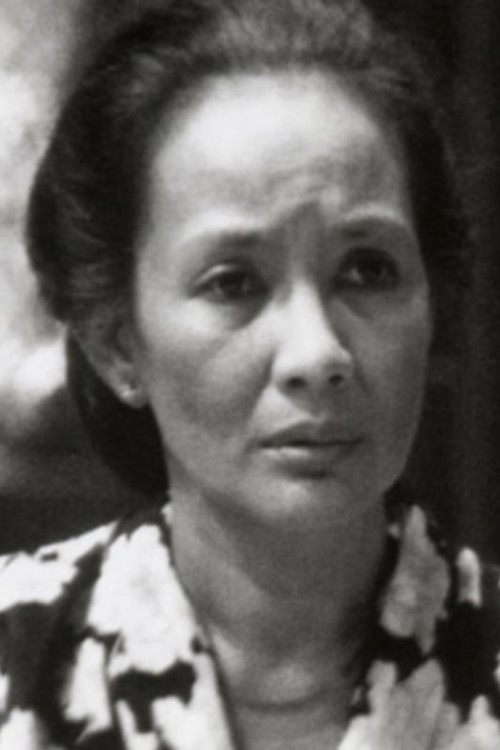
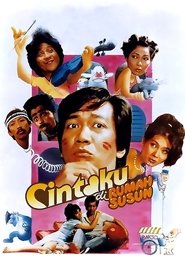 A caricature sketch of life in...
A caricature sketch of life in...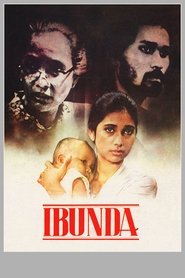 A Javanese mother has to struggle...
A Javanese mother has to struggle...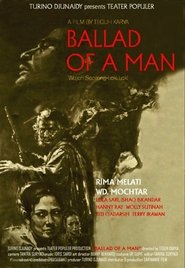 Set in 19th century Batavia within...
Set in 19th century Batavia within...